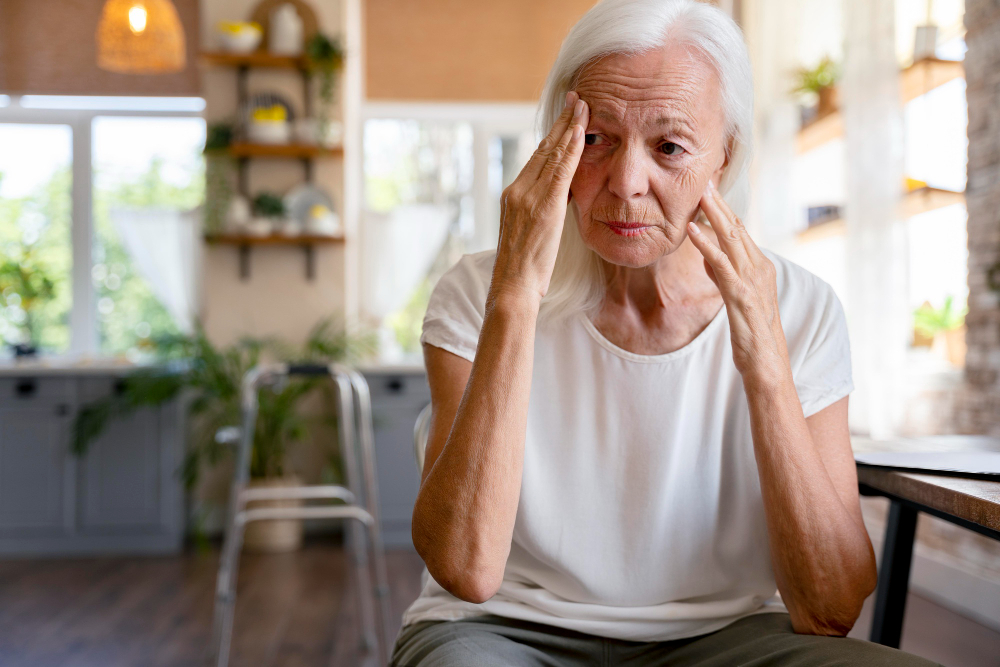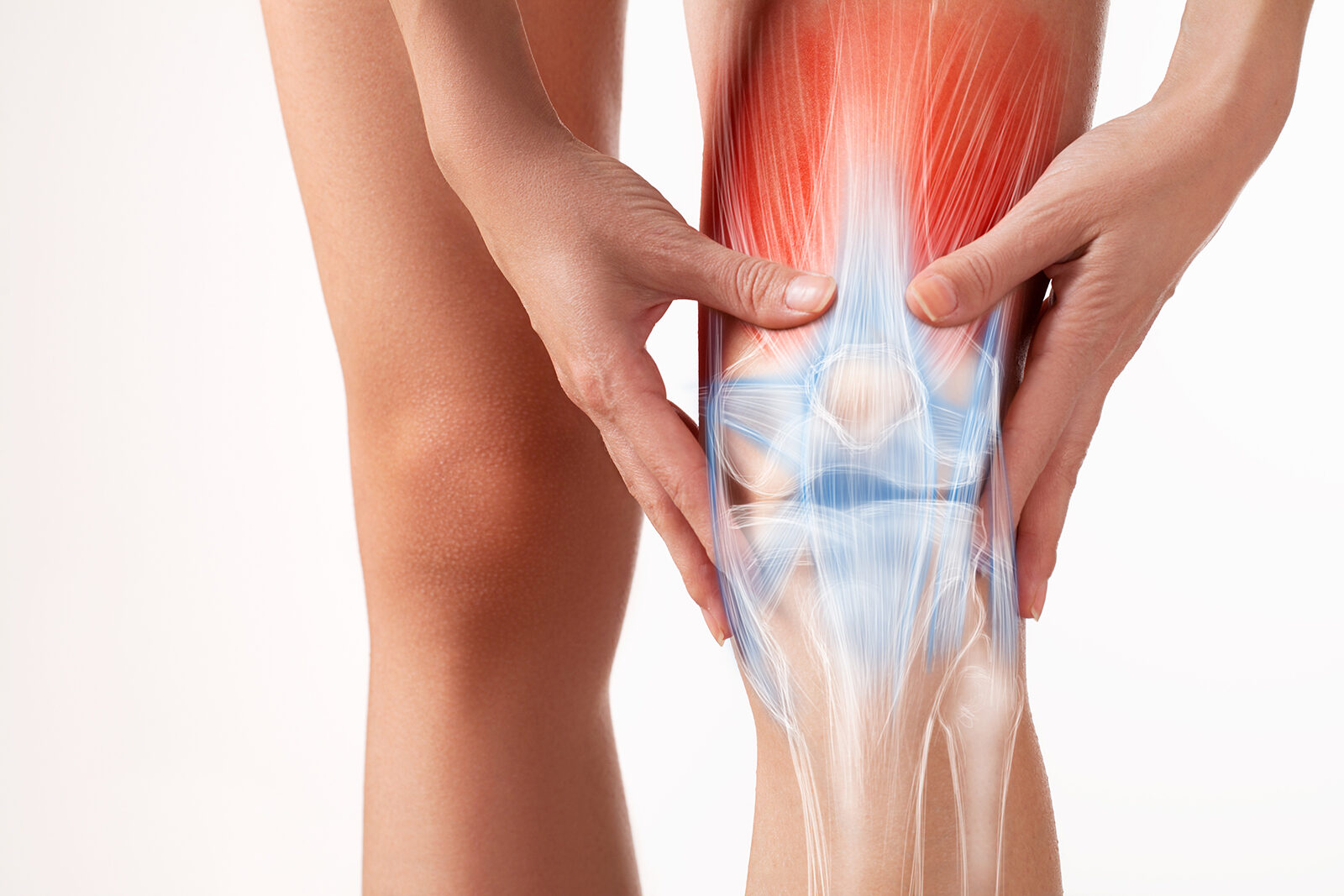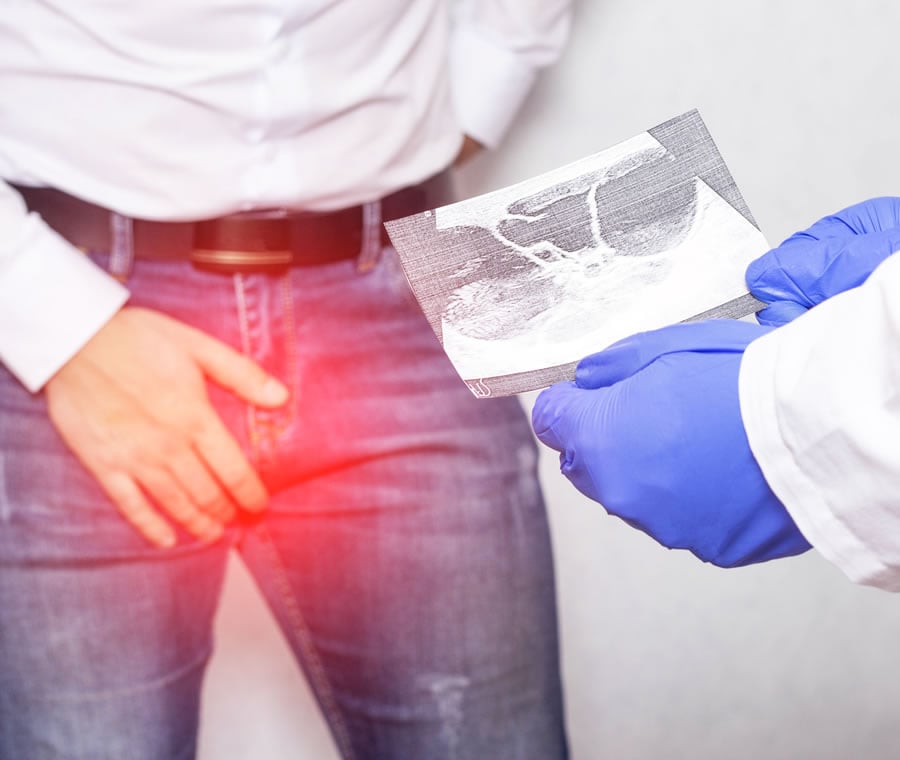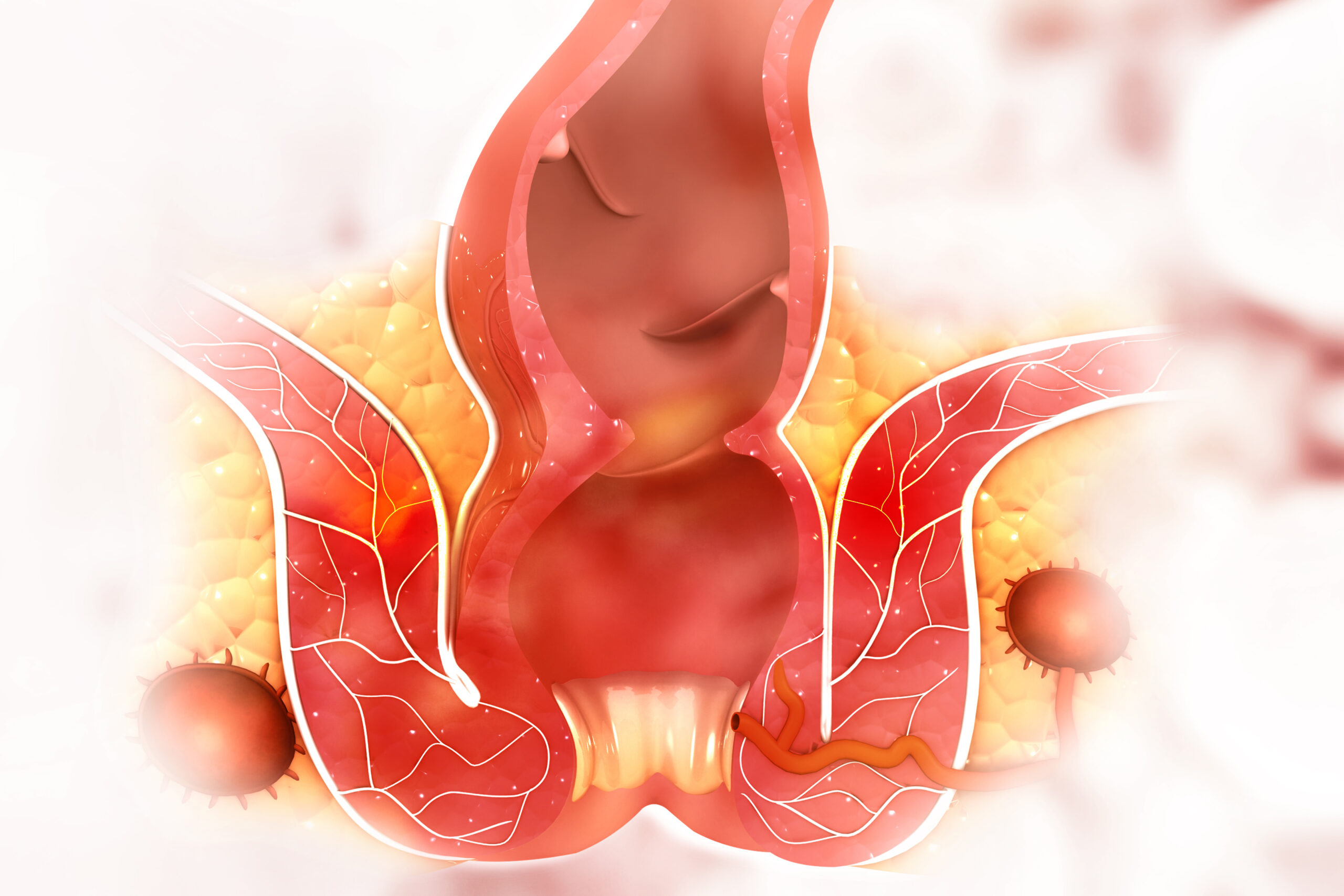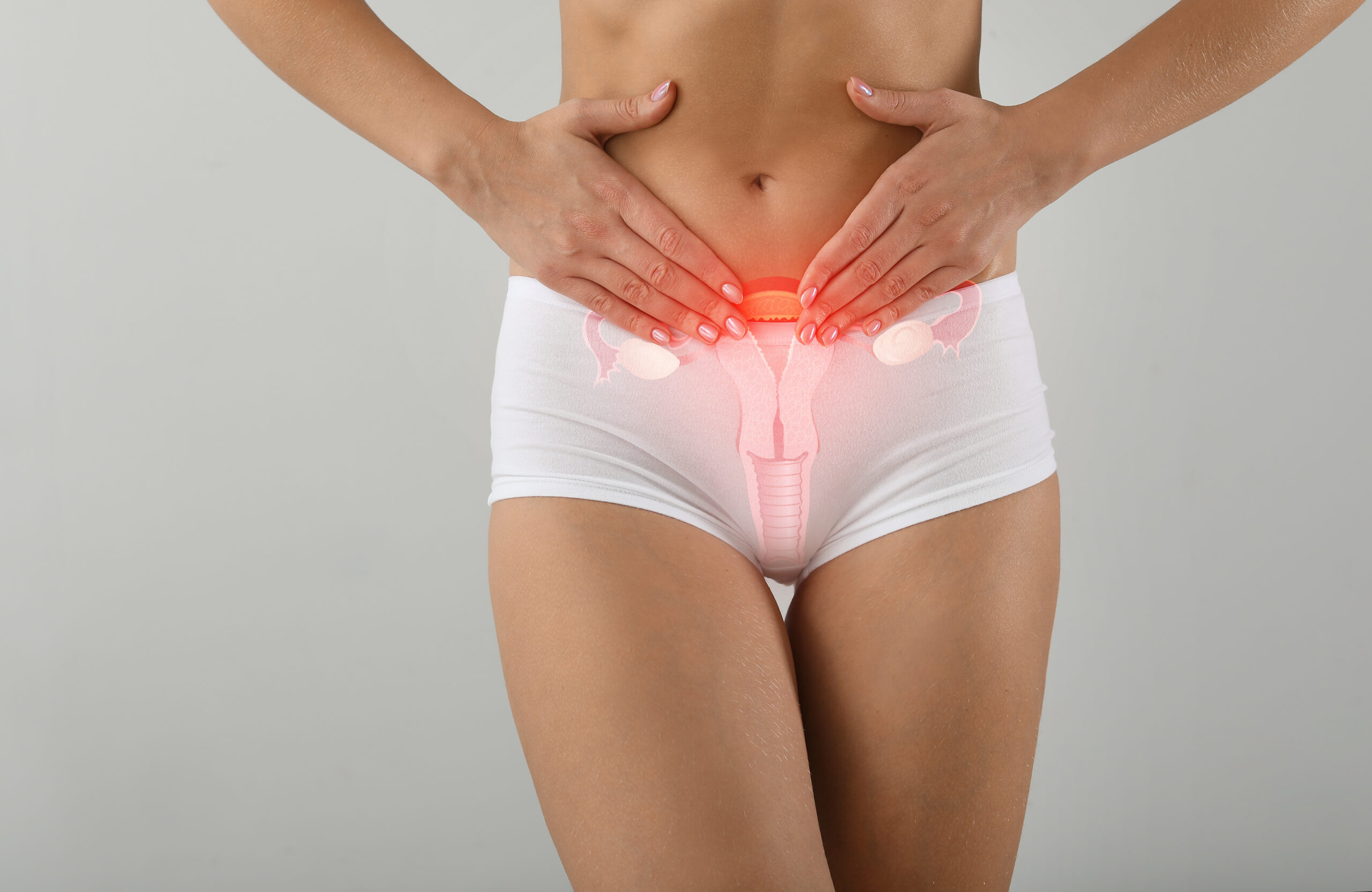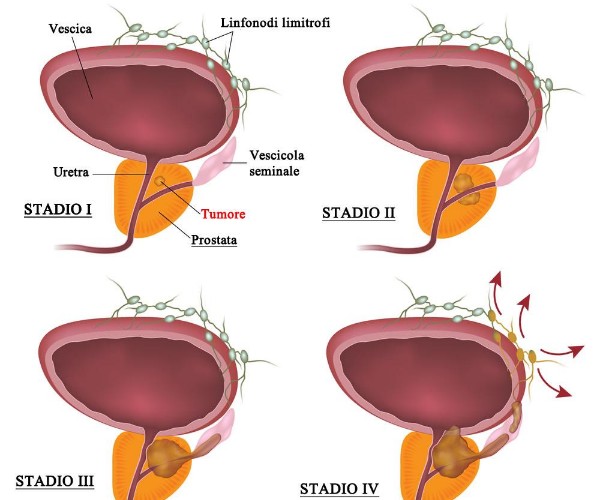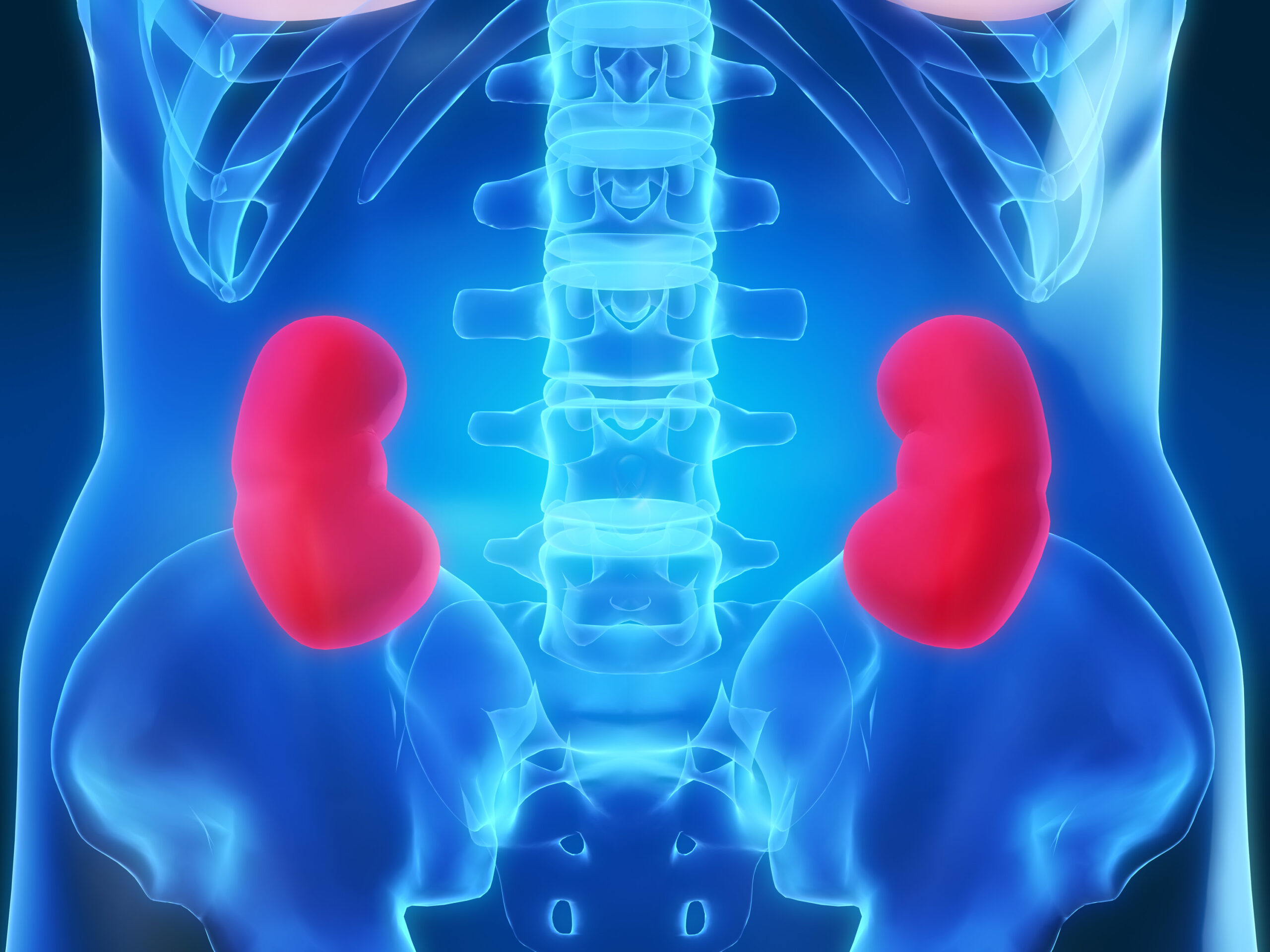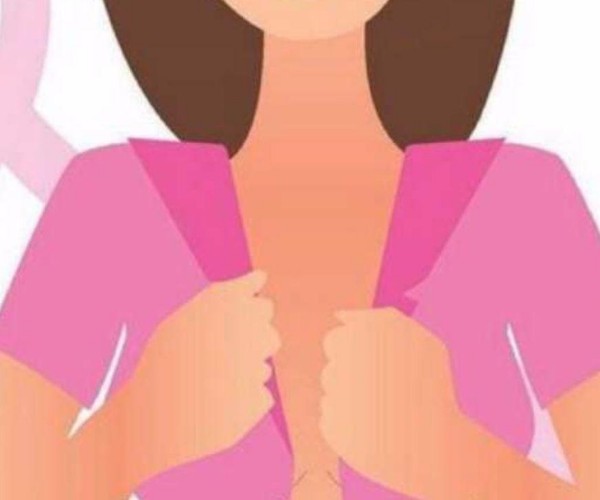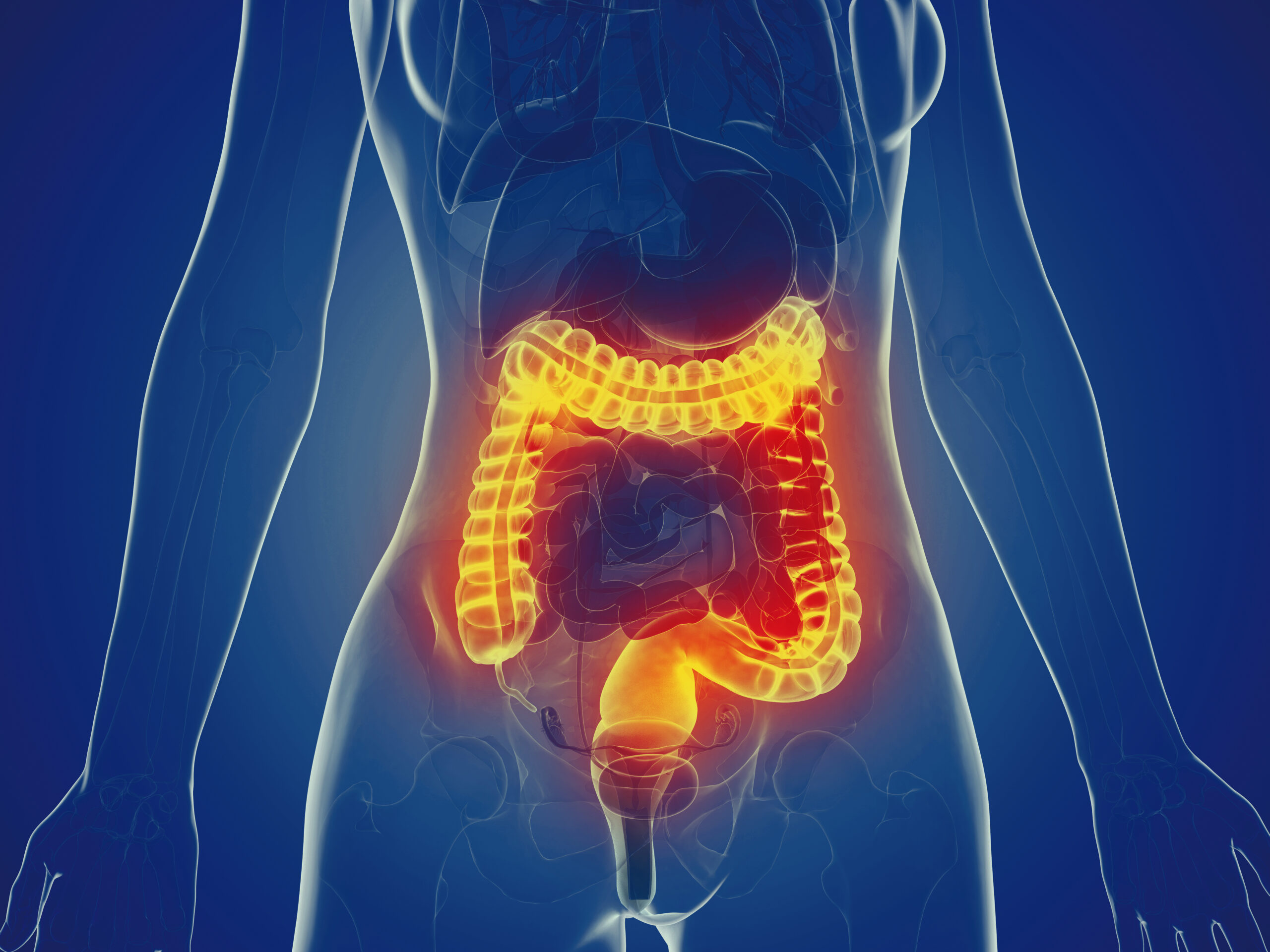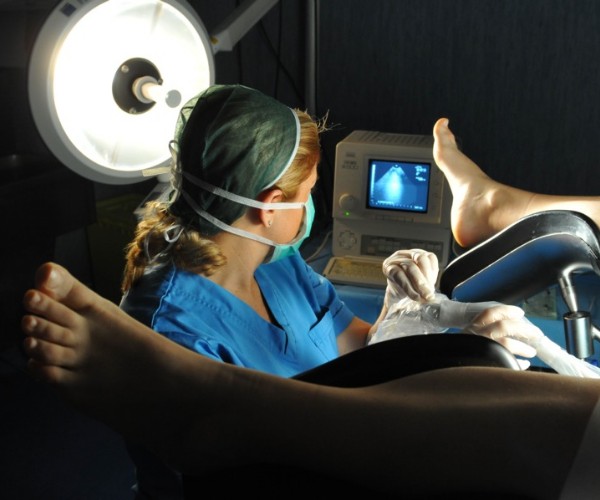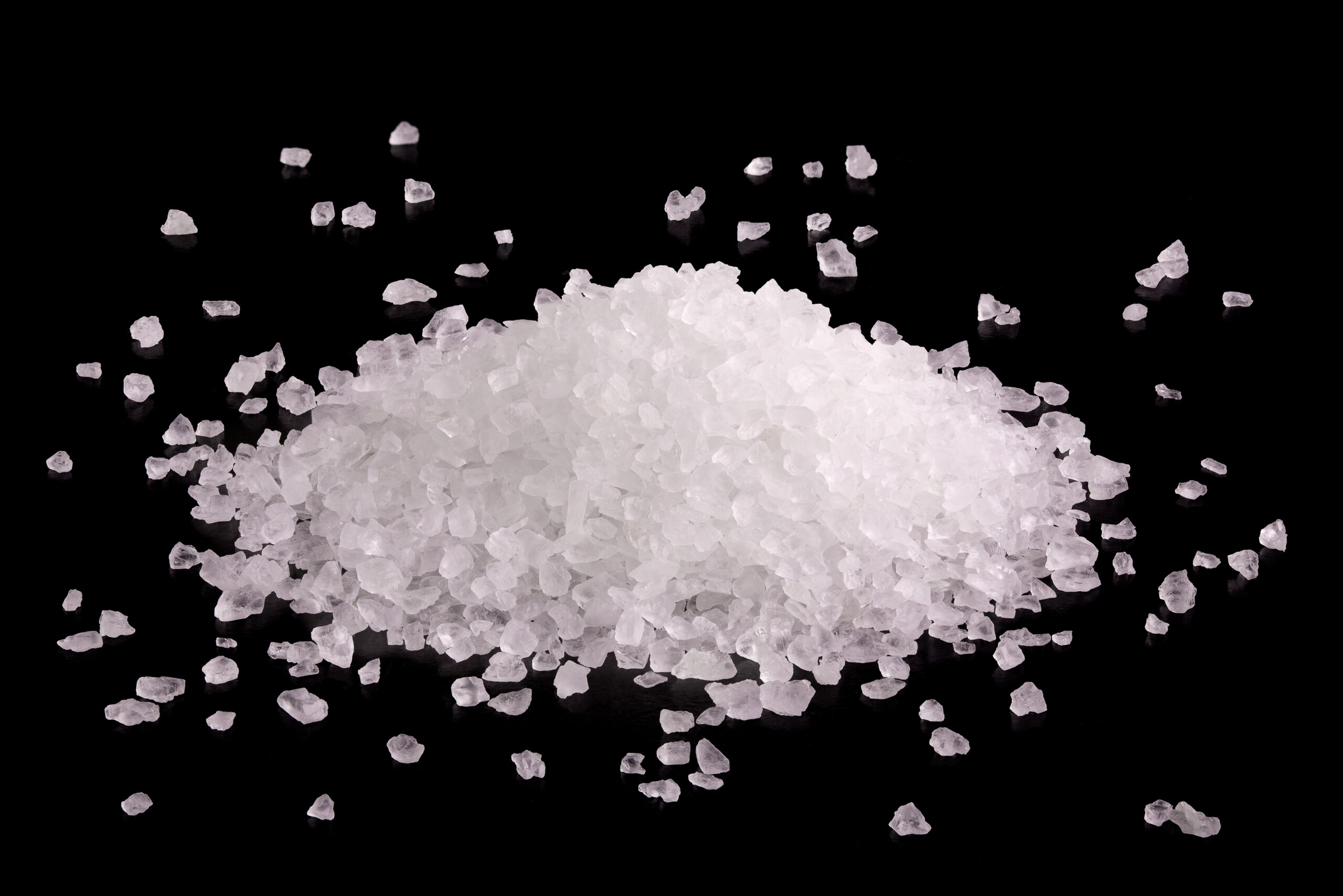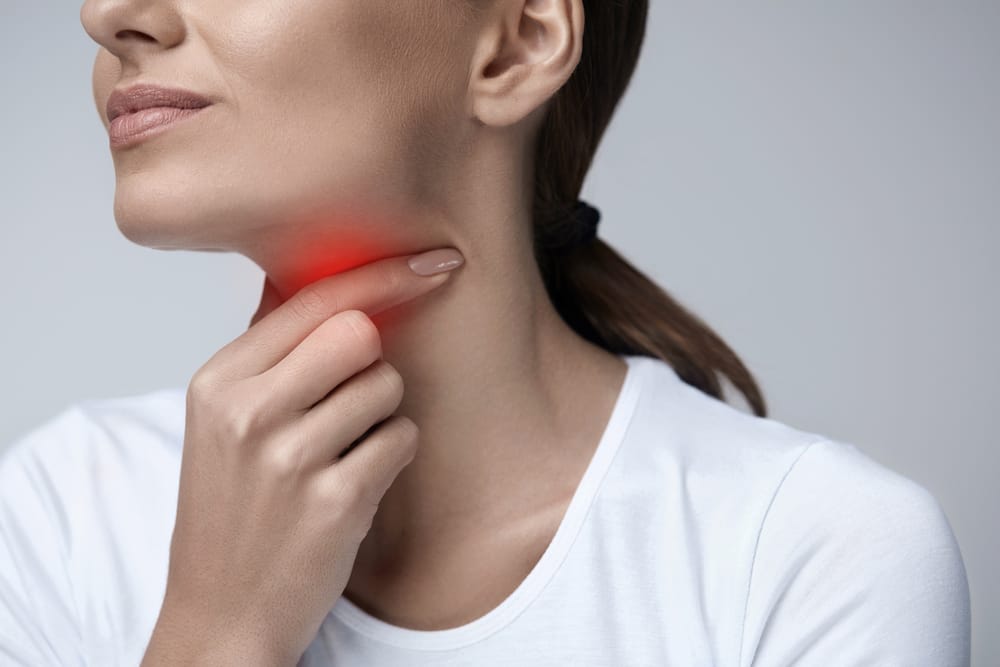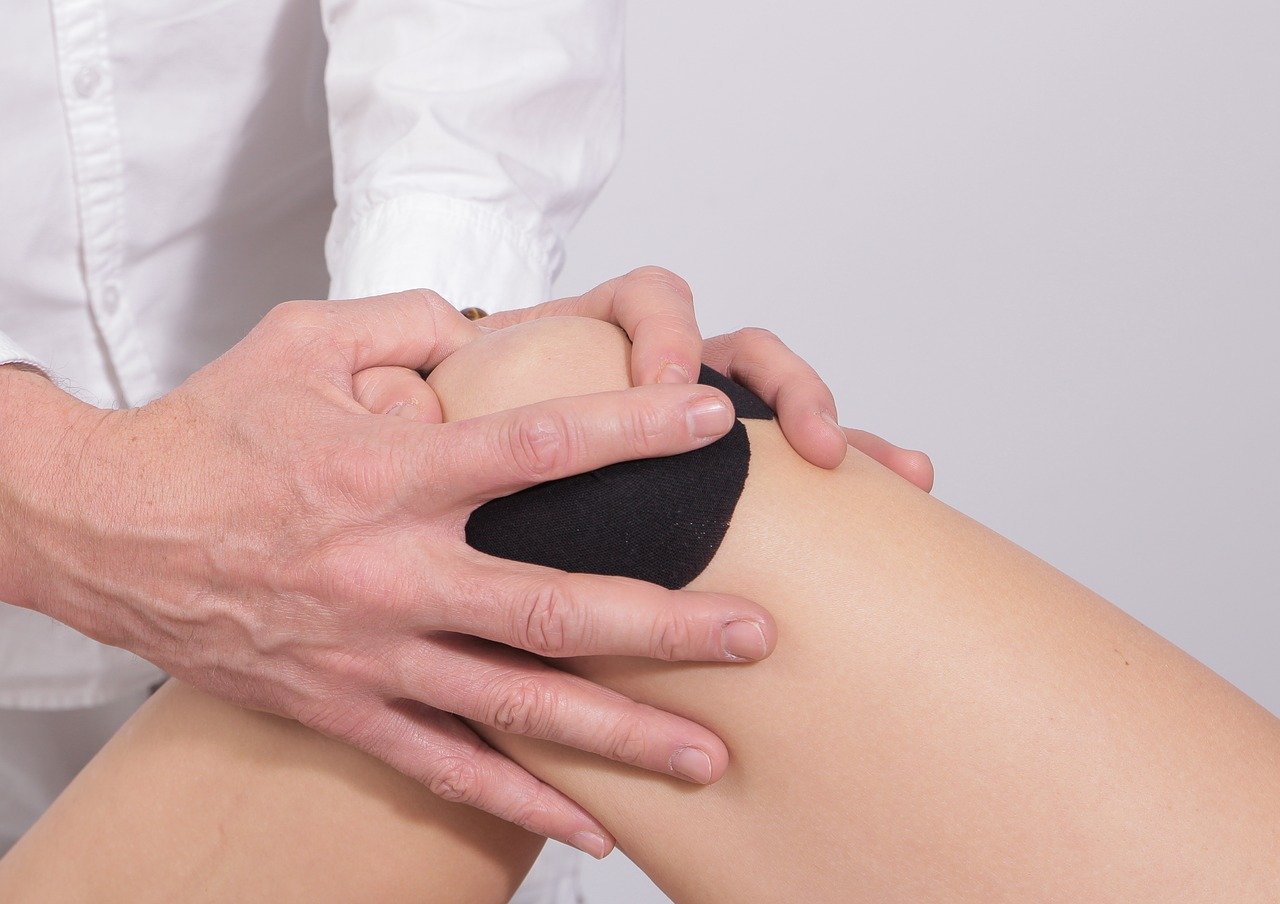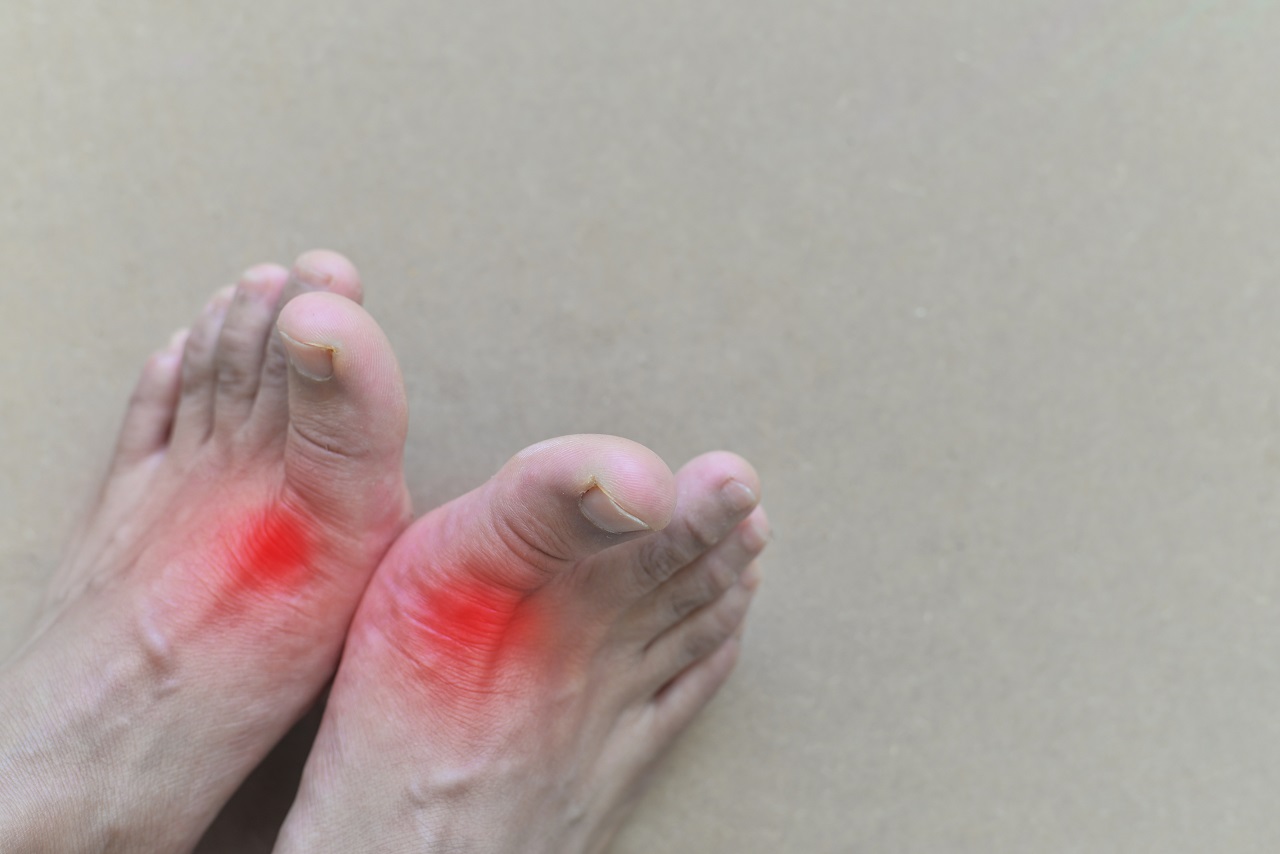Being fit, feeling healthy and also having achieved a good level of intimacy with your partner is definitely an ideal condition that brings satisfaction and well-being.
However, when a health disorder or problem arises, this condition can change causing one to lose the joys and pleasure of the
sexual life
, giving way to discomfort, sexual issues such as insufficient arousal or difficulty reaching orgasm.
Before seeking solutions to sexual problems, it is good to identify the problem upstream, going back to the causes of the disorders, investigating the pathologies that may lead to an undesirable condition.
There can be many pathologies that can alter the balance of good sexuality, some of which are well known:
Diabetes:
This disease, due to elevated blood sugar levels, acts by altering circulation and gradually causing considerable damage to the body’s many vessels and nerves, reducing the blood supply to the genital system, causing erectile dysfunction or ejaculation problems in men, and in women decreased desire, dyspareunia, vaginal dryness, and difficulty in reaching orgasm. Only proper treatment of diabetes, together with a balanced diet, can also allow a gradual resolution of sexual issues.
Heart disease:
Cardiovascular disease can impair sex life, both through circulatory damage induced by, for example, heart disease, and also through the effect sometimes caused by drugs used in treatment, such as can occur with antihypertensive drugs, elements that can give rise to sexual problems.
Adopting a lifestyle that includes a healthy diet and exercise practice can be crucial steps to regaining one’s fitness, good health, and satisfactory sexual activity.
Sometimes following a heart attack, and after cessation of sexual intercourse during the acute period of the disease, there may remain a fear in the patient that a resumption of sexual activity may be risky for possible recurrence.
It is good to get advice from the treating physician to gradually and moderately restore one’s sexual intimacy, a condition that will also contribute to an improvement in overall health and quality of life.
Depression:
When the mood goes down as a result of depression, the body is also affected, and sexuality is also affected because of decreased desire.
In depression, sexuality is severely impaired both because of the emotional state of the patient, but also because of the worries, stress that may be at the root of the depressive state.
Talking about it with your doctor or therapist allows you to mitigate the symptoms and begin treatment based on medication or psychotherapy sessions.
In these cases, sexuality may also be affected by the effect of the medications taken, for which changes can always be made by the doctor, but also find benefit from improved mood condition due to both drug and psychological therapy.
Cancer:
Certainly when a disease such as cancer is present, sexual desire and sexual activity itself give way to worries and fears. However, when the critical moments have been overcome and so has the illness, the resumption of a regular sex life may appear more difficult, as some anticancer therapies, such as the chemotherapy can leave their mark with a sense of severe fatigue and a physical form that is still not appropriate for sexual intimacy.
In this case wait until you feel better, possibly recurring to hormone therapies that stimulate desire, gradually approaching sex as good physical fitness is recovered and in total absence of pain or other symptoms.
Chronic pain:
When chronic pain is present, sexual desire goes last. Appropriate pain-relief therapy will aim at gradual extinguishment of pain, giving preference to drugs that do not inhibit sexual desire. Assiduous pain relief therapy, continuous medical monitoring, can eliminate pain and allow recovery of physical fitness. Only then can efforts be made for even the recovery of sexual activity.
Arthritis:
In arthritis, there are times of acme of joint pain, which is certainly a considerable impediment to maintaining one’s sexual habits. It is advisable to observe at what times of the day the symptoms are weakest or absent, such as after taking pain medication, and devote those spaces to one’s sexual intimacy.
To encourage these moments of sexual activity, rest properly before intercourse, practice muscle massages, trying to think that you can feel better afterwards.
Menopause:
Natural menopause is an age-related physical condition and not a medical condition. It occurs when the reproductive age is over, there is a gradual drop in estrogenandinterruption of the menstrual cycle.
At the level of sexual difficulties, the menopausal period can bring some problems such as vaginal dryness and ‘thinning, which can make intercourse more difficult, due to insufficient lubrication of the mucous membranes.
This can be remedied first by talking with the partner, resorting to the use of lubricating gels or estrogen-based products that improve vaginal thinning. For all other typical menopausal complaints seek advice from your primary care physician.
Loss of bladder control:
A problem that can also occur during sexual intercourse, where some pressure on the bladder due to positions during intercourse can result in urine leakage. A phenomenon more frequent in the elderly and women.
Best to discuss this with the attending physician. It is possible to use medications that can regulate sensitivity but it is also advisable to empty the bladder before sexual intercourse.
Other Conditions:
Then there are more complex pathologies, such as Multiple Sclerosis, HIV, Parkinson’s, which require an articulated treatment scheme that can first ensure that the patient receives the most effective therapy against the disease, while trying to protect or not damage the sphere of sexual desire, consistent with the many difficulties and limitations that these diseases cause to patients’ sexual activity.





